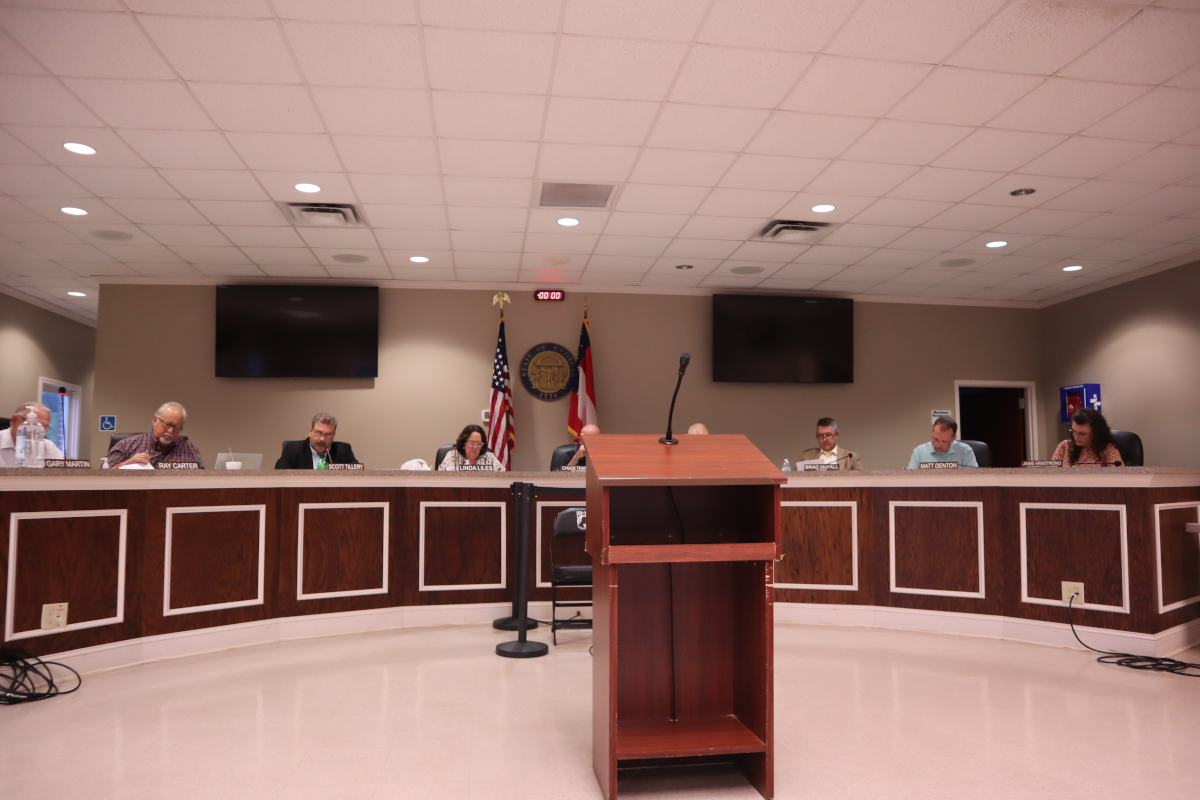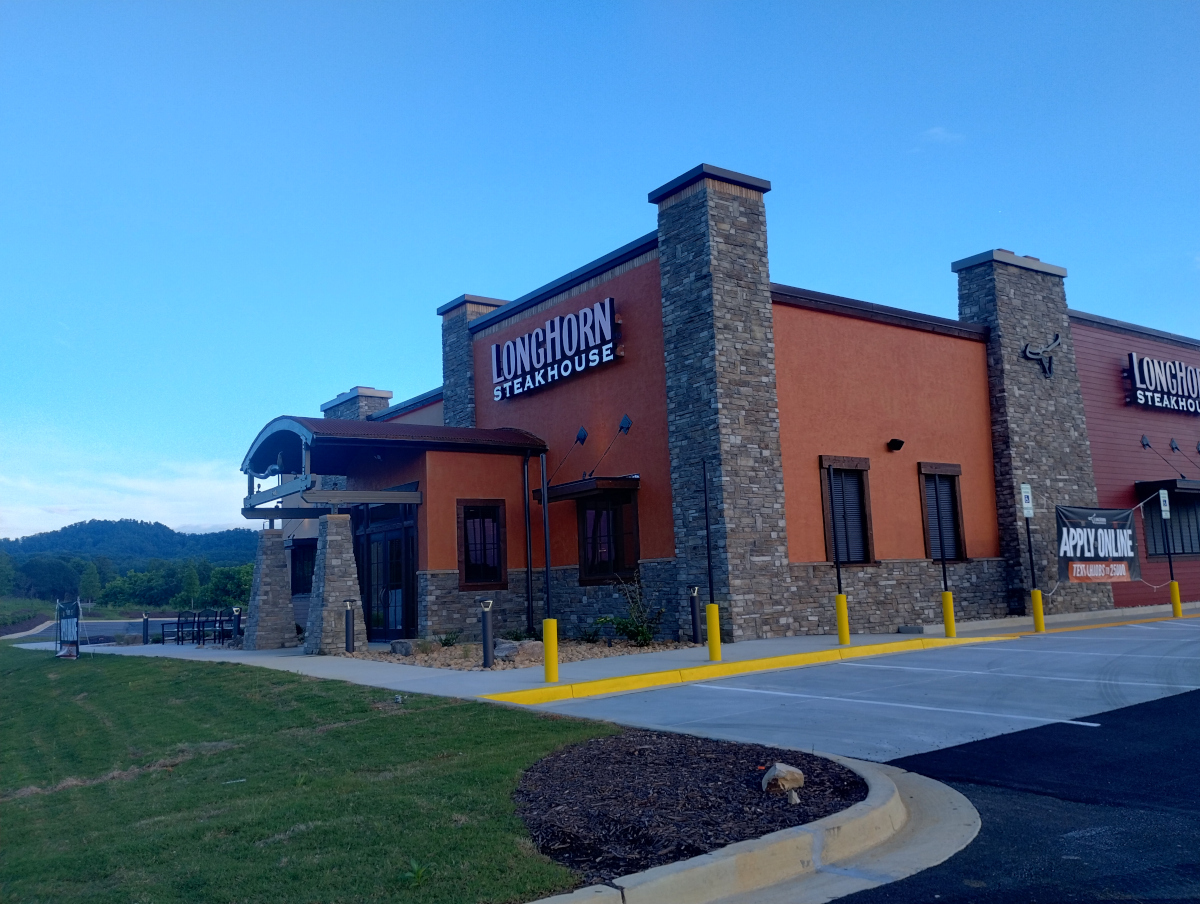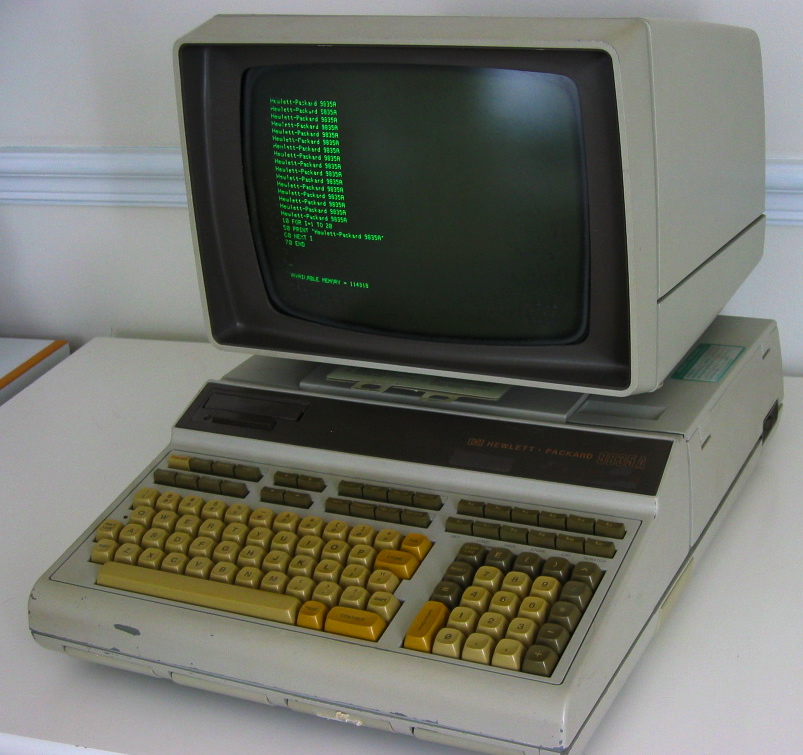- Unanimous vote against zoning requests to start horizontal shift of trash onto land meant for dirt storage
- County, GFL can go back to drawing board for next step
More than 100 people and five speakers back-to-back came out for the Polk County Board of Commission’s work session on Monday evening, October 3 to send a clear message: no one wants the landfill to get any bigger, and moving trash to a side property is just as bad of an idea as Mt. Trashmore growing taller.
This message was reflected in the unanimous vote denying a zoning change, and subsequent votes not needed after commissioners heard the message loud and clear from local citizens.
WATCH: County Commission denies landfill zoning request during October 4 session

Rick Baxter, John Langley, Nick Morris, Glenn Campbell and Glenn Robinson all stood up on Monday night to tell the commission they were against any shift of the landfill to around 70 acres of land which sits next to the Grady Road Landfill and is part of the permit, but isn’t allowed to be used for garbage disposal. The land was bought by Waste Industries in 2012 and folded into the overall property’s permit to operate from the state, with a provision it was only to be used for storing dirt.
The area – which is part of the permitted area for the landfill but is used only for soil storage – was sought out for a horizontal shift of the remaining 15.3 million cubic feet of dirt permitted for the Grady Road Landfill. It is set to be full at current estimates in 14.5 years, well below what was said to be 26 years in 2018.
County Attorney Brad McFall gave the county’s presentation for a zoning change on the property that would allow it to be used for the landfill, citing the county’s settlement with GFL Environmental over a lawsuit on operations at the Grady Road site that ultimately ended with mediation and a requirement to figure out a plan to keep the landfill from growing vertically.
The settlement agreement put a timetable into place to figure out what to do about the problem of vertical growth of the landfill, but didn’t require the parties to implement any particular plan into place.
In previous months, the plan was to utilize a portion of the 215 acres used for that soil storage to build new cells and put the remaining waste into the area, allowing both parties to avoid having to increase the height of the Grady Road Landfill to what is approved by the state’s Environmental Protection Division.
That plan would require the county to approve of a rezoning for the property from A-1 to I-2, and approve additional items like a new Memorandum of Understanding about the use of the 215 acres and a variance to allow for the same odor complaints that the lawsuit raised as an issue with Waste Industries in 2018.
GFL bought Waste Industries, who owned the company who the contract was originally made with for the landfill, ETC of Georgia.
When this request came before the County’s Planning and Zoning Board, they denied their approval for rezoning before it headed to the full Board of Commissioners for the vote they also denied on Tuesday night.
The five who spoke out against it had a clear message for the county: they don’t want the landfill to spread out any further than the footprint it sits on currently.
Baxter’s presentation was the most complete against the proposal, citing studies and figures he gathered from the county’s own records to show that the environmental impact of such a move could have negative impacts on the county. Some of those studies have shown that leachate at the landfill includes heavy metals, toxic chemicals and even concentrations of cyanide.

County Commissioners provided their own thoughts on Monday night about the issue.
WATCH: County Commissioners comment on landfill zoning proposal.
Commissioner Scotty Tillery spoke out against the plan and even cited the above issue with the 2012 purchase of the property and the agreement to transfer the property to county ownership. Tillery remains steadfast against any negotiations or plans regarding the landfill.
He voted against mediation, settling the lawsuit and the initial proposal to start the rezoning request process for the horizontal shifting plan.
One of his concerns was over how the adjacent property next to the landfill was being zoned. He questioned why the change was needed, and cited the 2012 transfer of the property to the county and the agreement made at the time.
“Where I’m confused is, why is the existing landfill Ag 1 with a special land use permit, and then we want to switch section portion to Industrial?” he asked. “Why are we going to have two different zones in the landfill?”
County Manager Matt Denton wasn’t able to provide a clear answer as to why this change was necessary other than to cite the plan that has been put forth. Tillery pointed out zoning change would also cause conflicts since an ordinance updated in 2016 doesn’t allow for two adjoining properties to be zoned the way the request was structured.
He also looked at the definitions under what is allowed under I-2 zoning, which he believes opens up real issues in the future if the measure was allowed to move forward.
“It brings in a whole different variety of regulations that have to occur, including the storage of toxic chemicals and other things,” he added.
His concern is that if the shift were to occur, it would allow the landfill to stay open beyond its expected remaining life of 14.5 years. How much longer the landfill will last will be determined by how much additional tonnage of trash is recorded by the end of this year.
“I’m telling you, it’s going to be a continuation, and nothing against GFL. They’re here for a business… no offense we can’t get them to pick up the sofas and dumpsters at the Convenience Center on time. We’re fighting with them, you know that as well as I do… We can sit here and say we are partners or not partners. But at the end of the day they are here for money. And when they get through, they are going to ride off in the sunset. Because they are in business. And then when it is finished, we’re going to be stuck with a mountain.”
He added that “If you approve this tomorrow (Tuesday) night, there’s no guarantee that this will ever end. I don’t care what you do or what you put at the end of the contract, there’s no end if you approve this tonight.”
Commissioner Ray Carter prior to Commissioner Tillery’s comments said the decision is “tough, because it is going to go up, and it is going to be unsightly. It’s going to put pressure on that mountain.”
“And yes, we’ve found issues with the previous contractor and how they constructed the gas and leachate extraction system,” he said. “Yes, GFL has done a fantastic job to being responsive to that, to repairing those issues. Now is disposing of that leachate and capturing it in tanks, its not flowing off site.”
Carter said those measures have reduced odor and off-site flow as well. But at the end of the day, he said “We’ve got to be responsive to what you guys are saying. We tried to do the right thing going into this. You’re telling us we didn’t by being here tonight (Monday.) So I guess we’ll see where we’ll move from there. But as it goes up, if that what happens, then that is what the people wanted.”
“Tell those folks that it went up, and it was in your best interest,” Carter ended his thoughts on Monday night.
Commissioners Linda Liles, Gary Martin and Chuck Thaxton mirrored the general opinion of any vote involving the landfill being an uneasy decision.

However, all five ended up denying the zoning request, and the rest of the matters that were before the board including a request for variance for odor and what would have been the next step: an application that needed to go to the EPD.
After the vote, Carter expressed his thanks for the public turning out at the Monday work session to help the Commission understand where citizens stand on the landfill.
“That’s what the public hearing processes are for, and it lets us know where things stand,” he said. “The difficult part for us is a lot of decisions that play out in 20 years, we regret making as well. In 20 years, we’re going to have a very tall landfill. I feel that may be unfortunate for us, just because there is a sector of the public that like to be very critical both of this body and of the landfill for a different reason. It is strictly visual for them.”
He said that does hurt the county when comments about the landfill, and the entire waste system in the county, hurts Polk when seeking opportunities in economic development discussions.
“The more it becomes visible, the more I think long term damage it does to us,” he said.
After Tuesday night’s vote to deny the zoning change, Commission Chair Hal Floyd said the whole issue now leaves the county with “egg on our face.”
“We denied something tonight that we asked for,” Floyd said. “We asked for 2 1/2 years ago because citizens were complaining about what was happening on Mount Trashmore. So we sit here with egg on our face as far as I’m concerned.”
He noted in his comments the final court order requires the county and GFL Environmental to put together a plan for no more vertical growth.
“I’ve agonized over it because I try not only to represent you (the audience) but also the 90% of taxpayers that weren’t here and what they deemed as their position on this,” he said. “I talked to every commissioner and sensed the agony that they all were going through, and I sympathize with that because it was a difficult decision.”
The more difficult decision is what to do with the trash in the long term, as locally the garbage will continue to be generated, and people will need a place to put it beyond the municipal solid waste brought into the regional landfill on Grady Road. That will require planning for the future, both Carter and Floyd noted.
Floyd said expects any future garbage collection without a local landfill will cost $5 million a year in tipping fees and pickup and transportation without any current funding model available for that cost, and no plan in place to transition to out-of-county garbage disposal coming up in 2036.
What to do about the requirement in the settlement to prevent further expansion upward remains up in the air for the time being, until the county and GFL can come together to figure out another plan that will work better.





















Leave a Reply